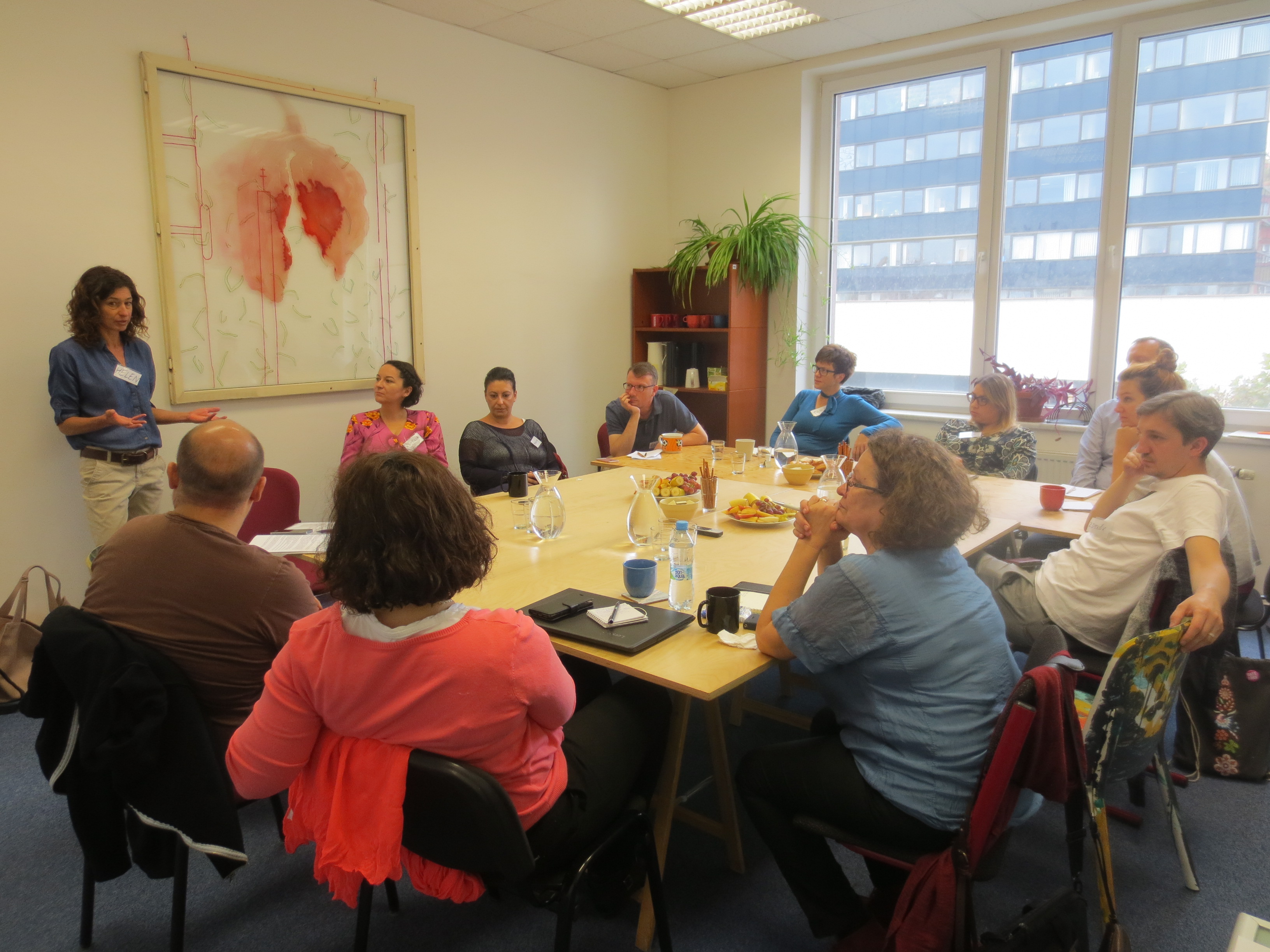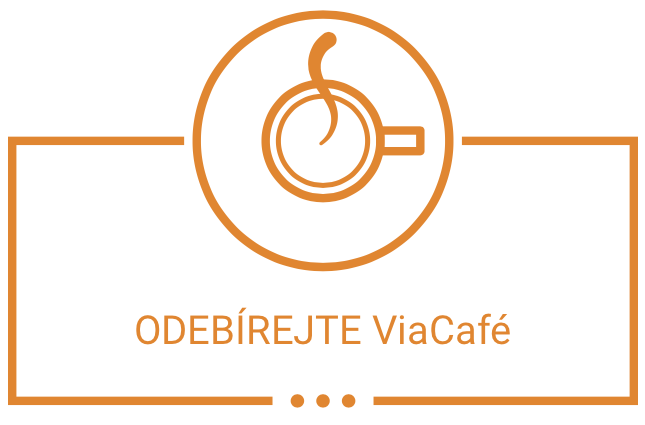Rural communities in Romania are facing a huge exodus of residents moving to cities or other EU countries, while in Poland there are concerns about the future of democracy. Although each country in the region is characterized by its own set of traits and issues, we lack knowledge about the specific contexts in which our counterparts in neighboring countries work.
In late September, we brought together staff from six Central and Eastern European foundations and other NGOs that support local communities, development of a free society and democracy in their countries. They met in Prague to get to know each other, talk about shared issues and explore the potential of forming a network.
The group included program directors and managers from Via and five other non-profit organizations from Romania, Poland, Serbia and Slovakia. The gathering was the initial meeting of the CEE partner organization network. Via is facilitating establishment of the network as part of our ViabilityNet 3.0 program, which supports and connects people involved in community development in Central and Eastern Europe.
The group discussed e.g. community development issues in each country, how to measure the impact of NGOs’ work and the concept of resilient communities, which are communities that are better equipped to handle and recover from crises, natural catastrophes or other upsets. The participants agreed that some of the most pressing current community issues include corruption and polarization over issues such as migration.
Each of the participating non-profit organizations has tried and true methods that can serve as inspiration for its counterparts. For example, the Slovakian partner organization has found effective ways of engaging businesses in its anti-corruption program. Via Foundation has experience in overcoming communication barriers in smaller communities in which sharp differences of opinion have divided the populace into separate camps.
This meeting was the first – but definitely not the last. The group will meet every six months and discuss more specific topics and how it can work together on projects or to give voice to shared problems. The next meeting is planned for late February 2018 and will take place in Prague.




